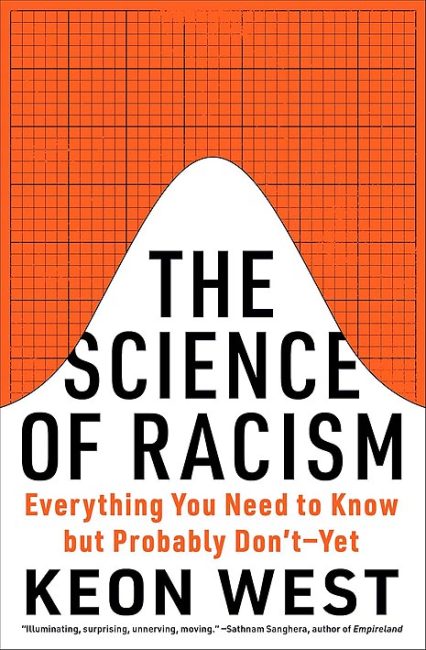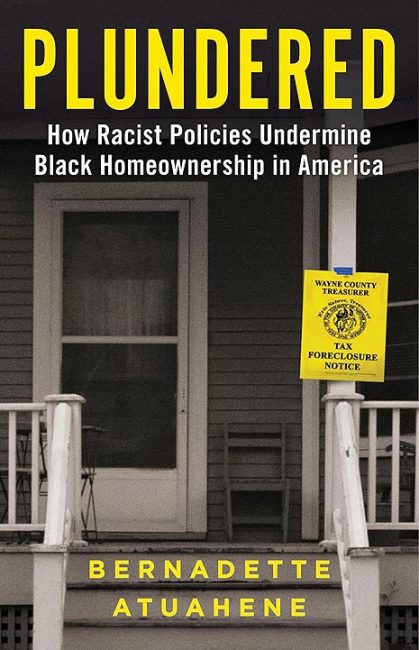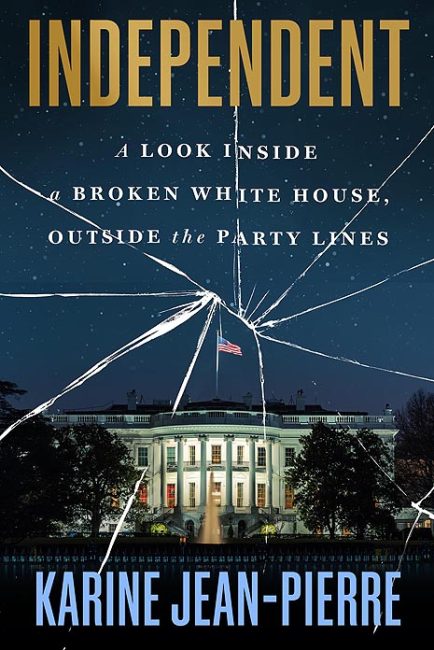Book Bag: June 2011
by Sharon L. Shervington
When I think of summer reading, I think light, frothy novels, often
long, that race ahead at breakneck speed and quite often are eminently
forgettable. Certainly, such traditional reads are available in plenty
this summer, but there are also substantial numbers of more serious
books that are quite memorable.
This season there is a whole crop of serious, even scholarly, books that
exemplify both the breakneck pacing and plain fun of summer reads. Hey,
why not think as you watch the waves?
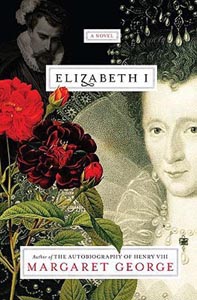
Margaret George’s latest is Elizabeth I (Viking; $30; 664 pages) and tells the legendary queen’s story both from her perspective and that of her great rival and cousin, Lettice Knollys (an ancestress of the late, great Diana, Princess of Wales). Knollys, a dead ringer for the Virgin Queen, has been granted the lovers, marriages, and children that Elizabeth has had to sacrifice as the singular monarch she became.
It is a big, juicy book full of such historical figures as William Shakespeare, Francis Drake, the pirate Grace O’Malley and many others. With the superb eye for detail for which she is known, Ms. George illustrates these two very different lives in luxurious settings involving jewels and estates, as well as down and dirty London life of another era. But it is in the revelation of these two extraordinary women’s lives that the book shines most brightly.
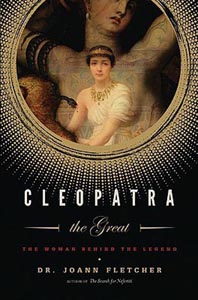
The reading public and the writers who supply us continue to fall under the spell of another great queen, Cleopatra. Cleopatra the Great; the Woman Behind the Legend, by Dr. Joann Fletcher, has recently been released (Harper; $27.99; 454 pages).
Dr. Fletcher is a high-profile Egyptologist who has examined human remains from around the world, including Egypt’s Valley of the Kings, and she appears regularly on television. (Check her out on The History Channel’s Mummy Forensics.) Here she displays a lovely tart-tongued quality and plenty of information about Cleopatra and her family.
Particularly impressive are sections that deal with dining among the wealthy ancients (milk-fattened snails, anyone?). There is also a lot of good, fresh material about Cleopatra’s mixed-sex twins, Helios and Selene, fathered by Marcus Antonius, and what happened to their legacy.
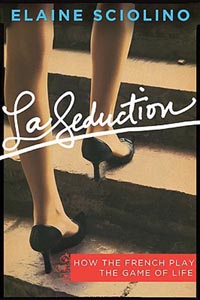
One of the freshest books this summer is La Seduction; How the French Play the Game of Life (Times Books; $27.99; 339 pages), by a former Paris bureau chief of The New York Times, Elaine Sciolino. Though just published, the book deals incredibly smoothly with the recent scandal centered on Dominique Strauss-Kahn, the president of the IMF who resigned in disgrace after his arrest in New York for sexual improprieties.
Here we get a much fuller story than has been reported, in terms of his overall reputation as a womanizer, what his wife thought about it, and much more. The author contrasts several similar scandals and the different attitudes about them that reflect the contrasting mores in France and the U.S.
Overall, the book is about the French propensity to savor simple daily pleasures; Ms. Sciolino quotes chapter and verse in the myriad ways the French live to the hilt, whether in terms of wine, food, philosophy or, especially, dining. Along with the lovely descriptions of juicy dishes, she includes plenty of juicy dish on everyone from Carla Bruni and Nicholas Sarkozy to Jacques Chirac and other former French heads of state. You will learn everything you need to know about the baisemain (hand kiss), knowledge that arguably every girl should have, even if you don’t know when you will use it.
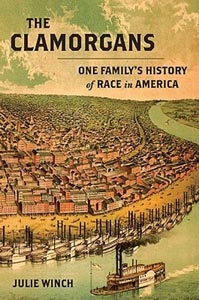
The Clamorgans: One Family’s History of Race in America; by Julie Winch (Hill and Wang; $35; 416 pages), is a story of a single family that really highlights what race really means and has meant to our country. As is so clearly displayed here, one just has to follow the money. She shows how the Clamorgans encompassed every shade, and how because of their known associations with blacks, unscrupulous businessmen and lawyers again and again tried to bilk family members out of their rightful legacies. In itself, the book is a powerful argument that race is really no more than an artificial construct developed so that money and property could be passed down generation to generation.
Ms. Winch is a historian at the University of Massachusetts Boston and has written a personal classic that compares favorably to historian Nell Irvin Painter’s History of White People. This is an area that absolutely cries out for further research, shedding light on subjects such as “passing” that are only now beginning to be fully examined.

